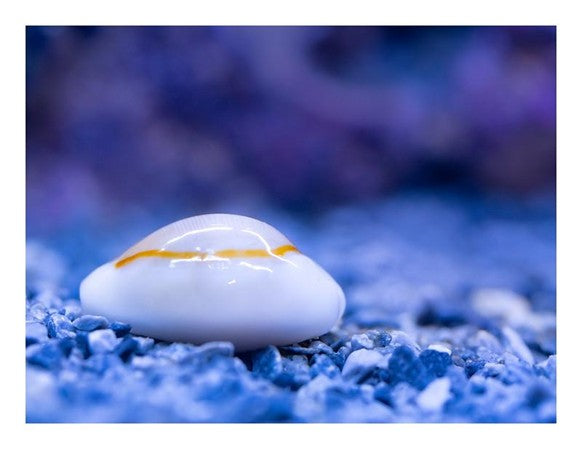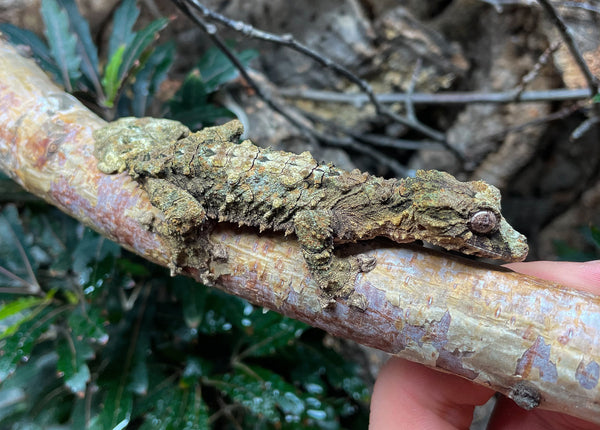March marks the beginning of Pet Poison Awareness Month. Far too often, dogs, cats, birds and other pets are poisoned by household products. What seems fine to you and me may be deadly to your pet. Being aware of these types of animal poisons could one day save you pets life!
Chocolate
 This is usually the first poison to come to mind and is the most well known. Chocolate is very pleasurable for us to eat, but is highly toxic to pretty much every household pet. Chocolate contains substances known as methylxanthines (specifically caffeine and theobromine), which your pets are far more sensitive to. The cocoa is the most toxic part of chocolate, so the darker the chocolate, the higher the severity. Chocolate can cause vomiting, seizures, dehydration, shaking and death. If you suspect your dog has eaten chocolate, call your veterinarian immediately. For safe measures, keep a bottle of fresh, non-expired peroxide in case you must induce vomiting. It is very important you don't give your dog too much or the side effects can be very bad, ~!0.5 - 1 ml per pound of weight.
This is usually the first poison to come to mind and is the most well known. Chocolate is very pleasurable for us to eat, but is highly toxic to pretty much every household pet. Chocolate contains substances known as methylxanthines (specifically caffeine and theobromine), which your pets are far more sensitive to. The cocoa is the most toxic part of chocolate, so the darker the chocolate, the higher the severity. Chocolate can cause vomiting, seizures, dehydration, shaking and death. If you suspect your dog has eaten chocolate, call your veterinarian immediately. For safe measures, keep a bottle of fresh, non-expired peroxide in case you must induce vomiting. It is very important you don't give your dog too much or the side effects can be very bad, ~!0.5 - 1 ml per pound of weight.
It is very unsafe to induce vomiting in cats and birds. If you suspect your cat or bird may have ingested chocolate, call your vet immediately and be prepared to take a trip. It is far less likely for your bird or cat to snack down on chocolate. For good measure always keep chocolate in a high, out of reach cabinet from pets and children.
Grapes & Raisins
 It is hard to imagine something as innocent as a grape causing any serious problems. Don't be fooled by this tasty fruit! Grape and raisin poisoning in dogs is well documented. The toxic agent in grapes has yet to be identified, but appears to be the flesh of the fruit. Any amount, large or small relative to your dogs size and be potentially fatal. Vomiting, diarrhea, seizure, foul breath and dehydration are some symptoms you may expect from grape or raisin poisoning. Immediately, follow the same steps as you would if your dog has ingested chocolate. Grapes do not seem to affect parrots, but will also cause harm to cats and even ferrets.
It is hard to imagine something as innocent as a grape causing any serious problems. Don't be fooled by this tasty fruit! Grape and raisin poisoning in dogs is well documented. The toxic agent in grapes has yet to be identified, but appears to be the flesh of the fruit. Any amount, large or small relative to your dogs size and be potentially fatal. Vomiting, diarrhea, seizure, foul breath and dehydration are some symptoms you may expect from grape or raisin poisoning. Immediately, follow the same steps as you would if your dog has ingested chocolate. Grapes do not seem to affect parrots, but will also cause harm to cats and even ferrets.
Rodent Pesticides
Far to often, dogs (sometimes cats) will find their way to your hidden pile of rat poison in the basement, yard or garage. If you suspect your pet has gotten into your rat poison, call Pet Poison Helpline immediately! Below are the four most common active ingredients in rodent pesticides that will cause harm. Accurate identification of these ingredients is vital and will determine the risk and the necessary treatment.
Long-acting Anticoagulants (LAACS): Prevents blood from clotting, resulting in internal bleeding. Results in difficulty breathing, coughing, pale gums and lethargy, sometimes vomiting and bloody urine. Usually takes 3-5 days after ingestion for signs to become visible.
Cholecalciferol: Very dangerous, causes very high calcium and phosphorus level, resulting in severe acute kidney failure. Signs include weakness, lethargy and halitosis. Must be treated immediately, symptoms start to show 2-3 days after ingestion after significant and permanent damage has already occurred.
Bromethalin: Works by uncoupling oxidative phosphorylation in the brain and liver mitochondria and can result in brain swelling. Signs include paralysis, tremors and seizures, and can begin anywhere from 2 - 36 hours after ingestion. Seek immediate attention.
Zinc & Aluminum Phosphides: Poison releases phosphine gas once in the stomach. Watch out for bloating, vomiting, seizures and shock. Never feed your dog after suspected ingestion of this type of poison until veterinary care is applied.
Other Common Toxins
 Antifreeze: This common fluid found on garage floors and driveways is sweet to taste, but deadly. Clean up ALL spills using kitty litter or absorbent materials and hose down contaminated areas. Keep in a locked cabinet.
Antifreeze: This common fluid found on garage floors and driveways is sweet to taste, but deadly. Clean up ALL spills using kitty litter or absorbent materials and hose down contaminated areas. Keep in a locked cabinet.
Human Vitamins: Animals process vitamins and minerals differently than we do. Human vitamins can prove harmful to pets.
Houseplants: Inspect your houseplants for varieties known to be toxic to dogs. Including lilies, azaleas, tulips, oleander, hyacinths and poinsettias.
Xylitol: Artificial sweetener used in sugarless gum and mints. Ingestion can be fatal to most household pets.
Avocado: Only applies to parrots, all part of an avocado plant contain persin, a fungicidal toxin that has been reported to be a cardiac toxin to birds. Death can occur within 1 - 2 days if left untreated, seek immediate attention.
Lawn Chemicals: Always carefully read the instructions on the back of lawn care products to make sure your pets are retained for the proper amount of time after application.




